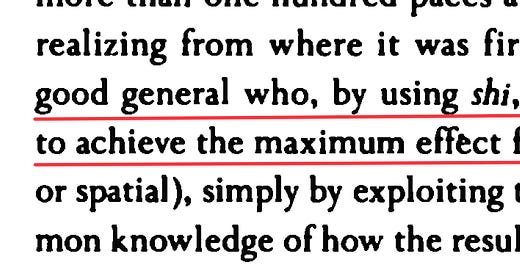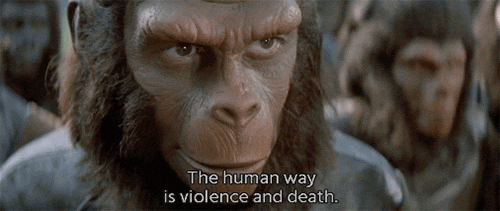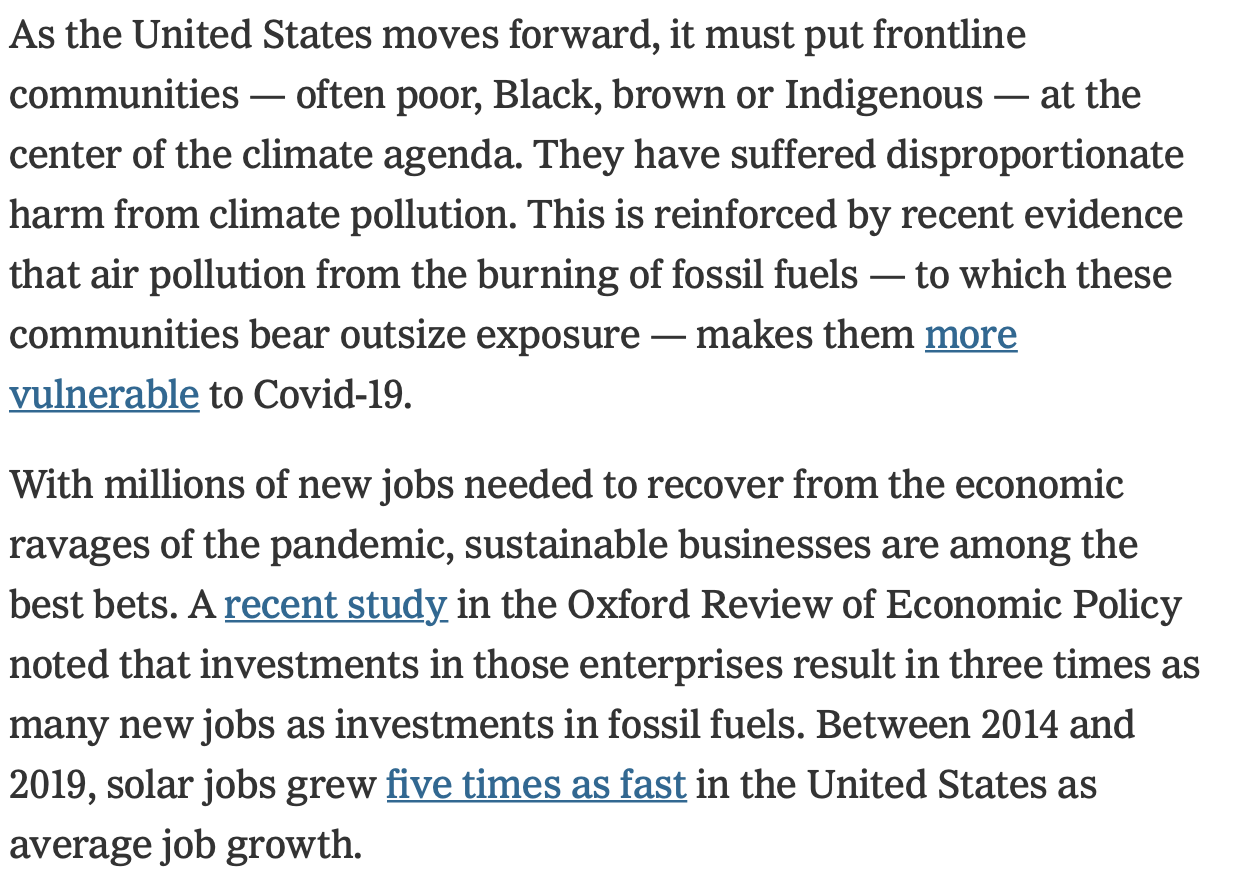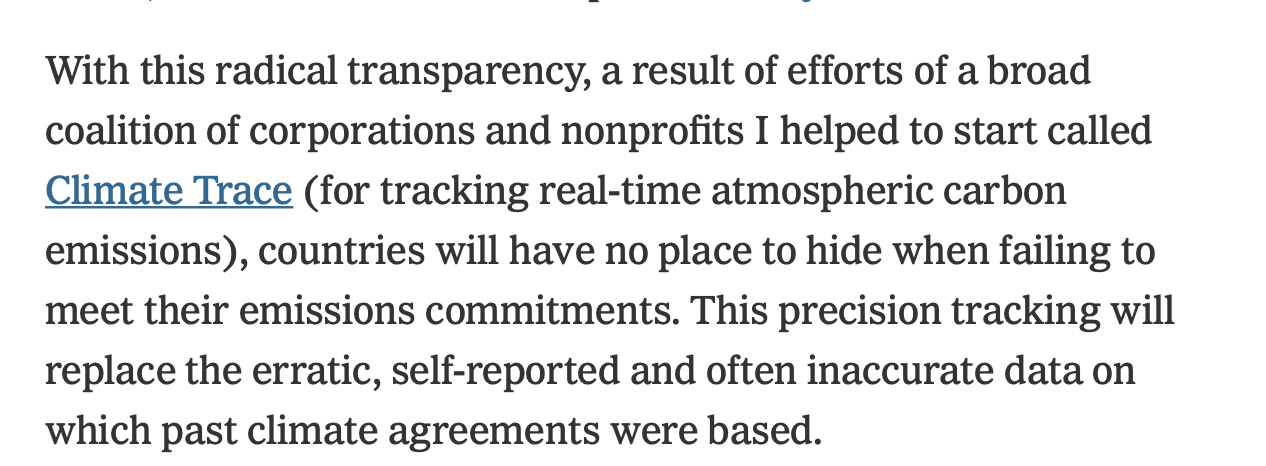T2B39: Cliden 12
Soft and Hard Power
Bill Nye’s idea that nations exert two kinds of power - ‘hard’ military and economic power and ‘soft’ diplomatic and cultural power is used again and again to explain American dominance, that the US can bomb you and seduce you all at once. There’s something to that claim and also to its converse, that China (and earlier, the Soviet Union) have a measure of hard power but fail to exert soft power. How many migrate to Shanghai to pursue life and liberty?
But this distinction between two types of power in geopolitics is too crude for my tastes. The preeminent modern theorist of power - Michel Foucault - was instrumental in showing how modern states exerted power through the regulation of life itself - through policies that regulate reproduction and population level methods such as the census and social security. Foucault called this form of power ‘biopower.’ Biopower isn’t exerted through spectacular violence - the beheading of opponents in the town square, for example - but through the regulation of the self. Biopower produces subjects rather than subjection.
Biopower strikes me as soft.
The French revolution followed by the Napoleonic wars showed how the new modern self could be deployed in military campaigns at a scale and coordination no one had done before. The military theorist Clausewitz was prompted to write his famous book on war precisely because of Napoleon’s ‘Shi’, even though Clausewitz’ approach emphasized strategy rather than going with the flow.
Combining Foucault and Sun Tzu, Napoleon’s genius for battle was aided by detailed maps of the terrain that had becoming available as a result of enlightenment era knowledge gathering - a direct illustration of Foucault’s claim about the intersection between knowledge and power.
Is the capacity to raise large, powerful armies fighting for ‘liberte, egalite & fraternite’ hard or soft power?
New weapons, new forms of knowledge and new organizational capacities to act destabilize any strict separation between types of power. Consider how US dominance is based on airpower and the use of drones and other missiles, both of which require cutting edge technologies, detailed maps of the terrain, satellite guidance systems and so on.
It’s more than technology though: for example, the recent drone based assassination of Qassem Suleimani sends the signal that the US is a panopticon from which even the highest levels of foreign power can’t hide. And therefore, best to accept hegemony. It’s a hard means to deliver a soft message.
Gore on How
The geopolitical terrain of the 21st century will lean on knowledge more than ever before: for example, not only do we have to spy upon our adversaries and collect more data about our populations, we will have to make massive investments in monitoring carbon, tracking other chemical elements, create databases of viral DNA; which is to say that the kind of knowledge that’s intertwined with power will have to go beyond the human world into the non-human.
Conversely: the power and the agency of the non-human world will become a fixture of 21st century politics after 2+ millennia of humans not taking that world seriously.
Let’s see what Mr. Gore has to say about these things. Having explored the ‘why’ of the climate future I am continuing my commentary on his piece with the ‘how.’ The first step is a massive shift towards renewables:
But here’s the problem: China currently produces much of the world’s green infrastructure. From the Economist:
Counter to what one might think, the transition to a Green future will go hand in hand with a new cold war or whatever we will end up calling the rivalry between the US and China. The US will have to step up its game for that reason alone:
Not just for geopolitical reasons alone, there’s domestic logic to it as well - take a look at this Gorean take on the GND:
But even that won’t be enough since the climate is getting worse faster than what anyone imagined. What we need is a kind of geopower (my take on Foucault’s biopower):
Knowledge meets power meets planet will be the essence of 21st century liberalism.
The COVID crisis has shown the importance of data whose collection would considered in almost any other circumstance. Between climate change, ecological collapse, surveillance capitalism and pandemics, we are at the cusp of an age where we are embedded in systems that have much greater power over our lives than anything that’s come before.
That’s not necessarily a bad thing
Just as health insurance needs better mortality statistics than those collected by pre-modern states, in order to survive the 21st century, we will have to accept a world in which we are far more transparent to the systems in which we are embedded. I am not sure what form that will take - industrial work regulated a worker’s life far more than any Earl or Sultan would have done to a farmer.
Did the industrial worker have the choice to go back to the pre-industrial era? Some people tried to do so, but the historical struggle that achieved a measure of success was one in which better working hours were negotiated and a fairer distribution of wealth produced by industrial capitalism. Or in a couple of cases, a takeover of the state itself. But none of these efforts rolled back the clock.
Similarly, we will have to struggle and negotiate our way in the brave new world of the 21st century.










